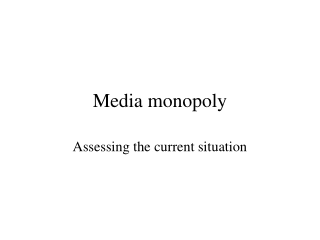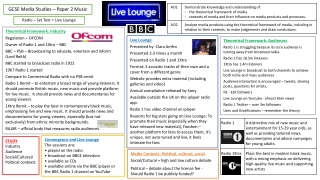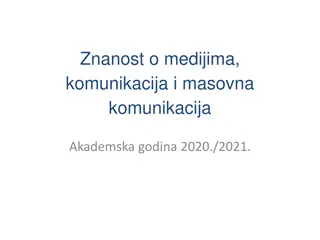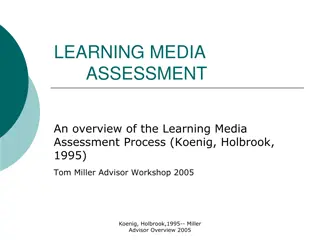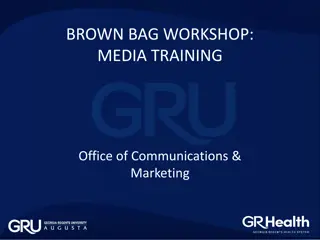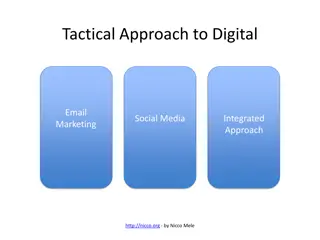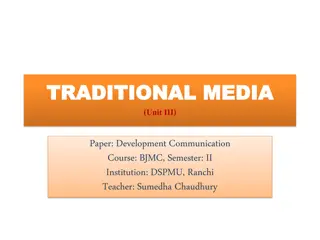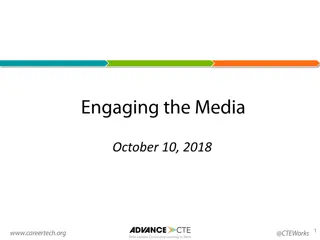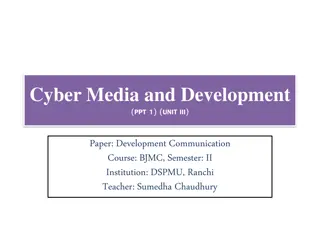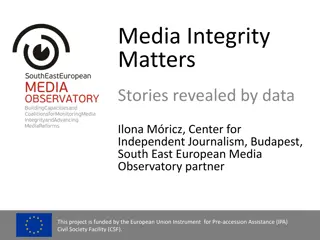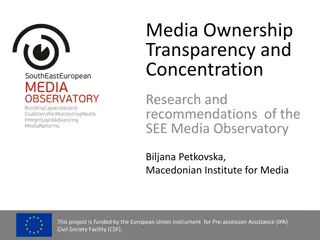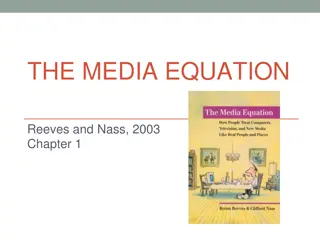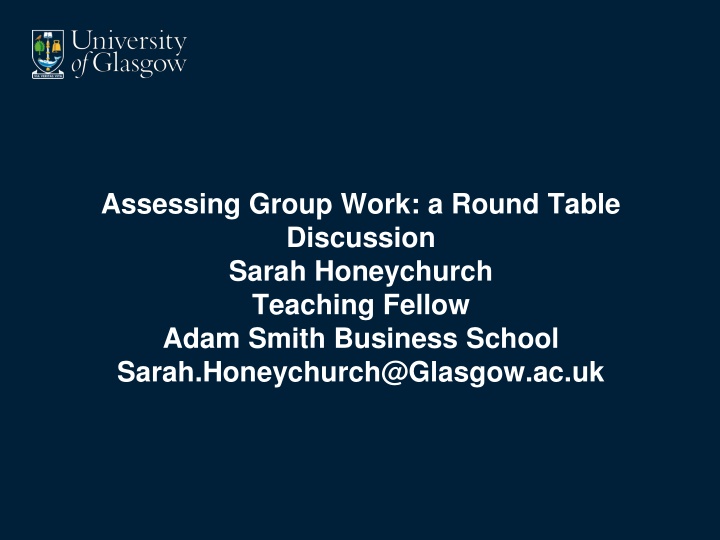
Enhancing Learning Through Group Work Assessment and Policies
Explore the benefits of group work, assessment strategies, and policies to ensure fairness and effectiveness in student collaboration. Learn why group projects are valuable for student development and how to assess and manage group dynamics effectively.
Download Presentation

Please find below an Image/Link to download the presentation.
The content on the website is provided AS IS for your information and personal use only. It may not be sold, licensed, or shared on other websites without obtaining consent from the author. If you encounter any issues during the download, it is possible that the publisher has removed the file from their server.
You are allowed to download the files provided on this website for personal or commercial use, subject to the condition that they are used lawfully. All files are the property of their respective owners.
The content on the website is provided AS IS for your information and personal use only. It may not be sold, licensed, or shared on other websites without obtaining consent from the author.
E N D
Presentation Transcript
Assessing Group Work: a Round Table Discussion Sarah Honeychurch Teaching Fellow Adam Smith Business School Sarah.Honeychurch@Glasgow.ac.uk
Policy for Assessed Group Work Group working is increasingly common in courses within the University and we believe that all students should have an equal opportunity to participate in, and learn from, the opportunities that group working can provide. It is therefore essential that there is transparency around the processes of group working and associated assessment of that process and any outcome. https://www.gla.ac.uk/media/media_597746_en.pdf
Why use group work? Improvements to student Performance Marks Attitudes to learning Problems of freeloading Problems of Freeloading Gaming the system Sucker effect Group work has the potential measurably to improve student engagement, performance, marks and retention and usually succeeds in achieving this potential provided that there are associated assessment mechanisms that leverage appropriate student learning behaviour. In the absence of such assessment mechanisms these benefits may well not materialise. (Gibbs 2009) http://owww.brookes.ac.uk/services/ocsld/group_work/brookes_groupw ork_gibbs_dec09.pdf
Questions for today What are we assessing when we assess group work? How should we assess this? How do we ensure that assessment is fair?
UofG policy What? 5. Group projects must allow scope for both teamwork and individual work at a sufficiently challenging level How? 10. Some form of peer assessment is encouraged, with moderation by staff as appropriate Fair? 12. The design of the group-work task must link clearly to the intended learning outcomes of the course
Benefits (1) Students gain insight into group dynamics. (2) Group assessments allow the development of more comprehensive assignment than is possible for individual assessments. (3) Group assessments develop students' interpersonal skills. (4) Students are exposed to other points of view. (5) Students are prepared for the real world. Mello (1993)
Some considerations Group formation: Self selection? Teacher allocation? Group sizes? Practice Anxiety Disorientation Unfair Appreciating the benefits Solo v group contribution and assessment? Group study v group work Collaborative v co-operative learning
Fair assessment Allocating a single group mark to all members of a group rarely leads to appropriate student learning behaviour, frequently leads to freeloading, and so the potential learning benefits of group work are likely to be lost, and in addition students may, quite reasonably, perceive their marks as unfair. (Gibbs p1)
Fair assessment Limiting the emphasis on group marks Assessing the outcomes of group work with individual assignments or examinations Dividing up the group task between individuals and allocating some or all marks to component tasks Teachers moderating the group mark for each individual on the basis of special knowledge about the individual Students moderating each other s group mark on the basis of their inside knowledge about that individual Students self-assessing their contribution (Gibb pp 5-10)
References Gibbs, G. (2010) The assessment of group work: lessons from the literature [11 October 2011]. http://owww.brookes.ac.uk/services/ocsld/group_work/brookes_groupwo rk_gibbs_dec09.pdf Falchikov, N. (2005). Improving Assessment Through Student Involvement: Practical solutions for aiding learning in higher and further education. Abingdon. RoutledgeFalmer. https://cursos.campusvirtualsp.org/pluginfile.php/203477/mod_resource/ content/1/9781134395750_sample_527172.pdf Lejk, M., Wyvill, M. & Farrow, S. (1996). A survey of methods for deriving individual grades from group assessments. Assessment and Evaluation in Higher Education, 21, 3, pp.267-280. https://www.tandfonline.com/doi/pdf/10.1080/0260293960210306?need Access=true
Teaching Excellence Initiative title Sarah Honeychurch Teaching Fellow Adam Smith Business School Sarah.Honeychurch@Glasgow.ac.uk

